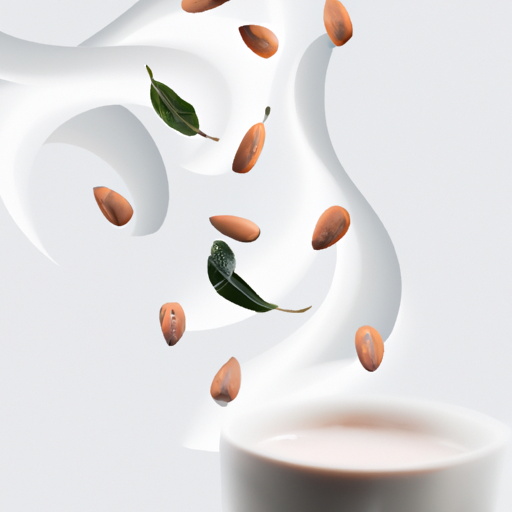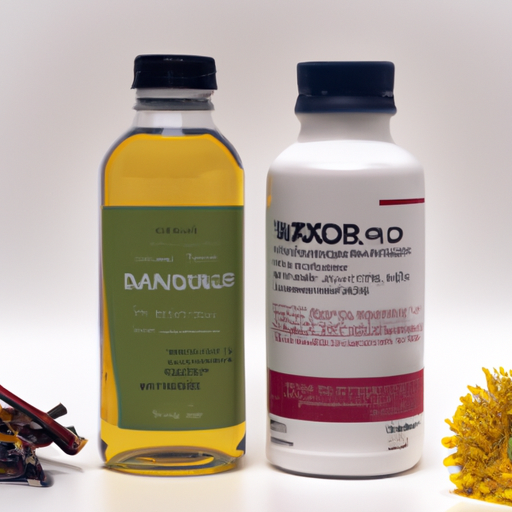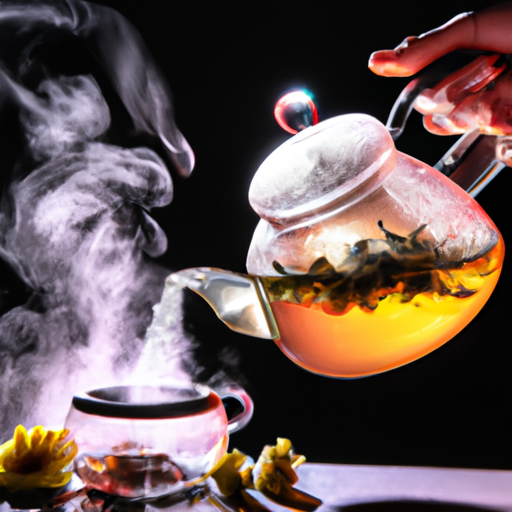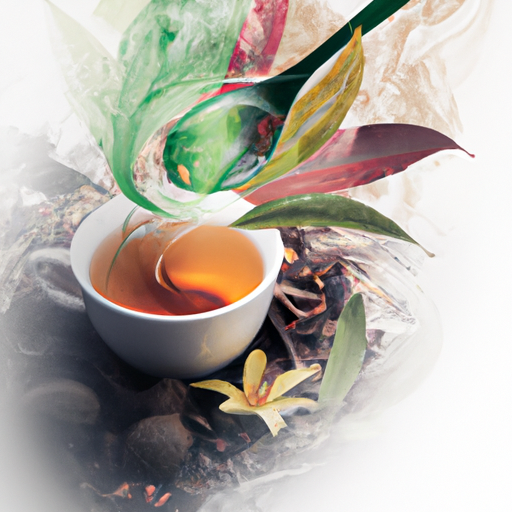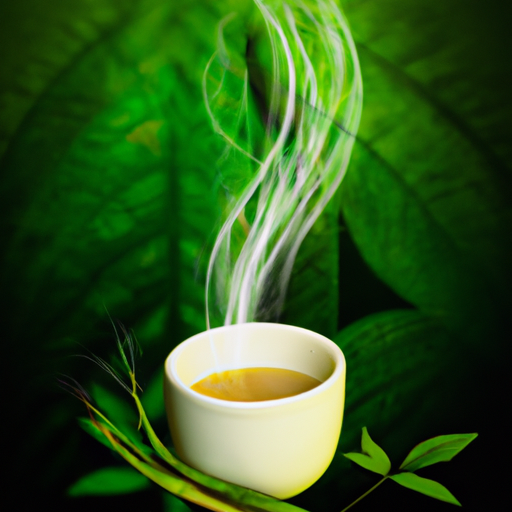They say that a cup of tea is like a warm hug for the soul. And what better way to enhance that comforting experience than by adding the perfect milk?
Whether you’re a traditionalist who prefers the classic cow’s milk or someone exploring the world of non-dairy options, this guide has got you covered. With a wide range of choices available, it can be overwhelming to find the right milk for your tea. That’s why I’m here to help you navigate through the sea of options and discover the tastiest alternatives.
From creamy cashew milk to the subtly sweet oat milk, and even the nut-free hemp milk, we’ll explore the best non-dairy options for tea.
So grab your favorite cuppa, sit back, and let’s find the perfect milk to make your tea experience truly exceptional.
Key Takeaways
- Regular cow’s milk, preferably full fat, is the best type of milk for most teas.
- Non-dairy alternatives such as cashew milk, oat milk, and pea milk are suitable options for those looking for plant-based alternatives.
- Soy milk is a popular non-dairy alternative with a distinct flavor, while oat milk offers a neutral flavor.
- Hazelnut milk is best suited for pure black teas, while coconut milk has a lighter texture and flavor suitable for tea.
Types of Milk for Tea
I’ve learned that there are various types of milk that can be used for tea, including regular cow’s milk, goat’s milk, buffalo’s milk, yak’s milk, evaporated milk, sweet condensed milk, half and half, as well as non-dairy alternatives such as soy milk, oat milk, coconut milk, almond milk, hazelnut milk, cashew milk, rice milk, pea milk, and hemp milk.
Adding milk to tea offers several benefits, such as enhancing the flavor and creating a creamy texture. When choosing the right milk for different types of tea, it’s important to consider the tea’s characteristics.
For stronger black teas, full-fat cow’s milk or nut-based milks like hazelnut or almond milk work well.
For lighter teas like green or white teas, lighter milk alternatives such as oat milk or pea milk can complement the delicate flavors.
It’s all about finding the perfect balance between the tea and the milk to create a delicious and enjoyable cup of tea.
Regular Cows Milk
Full-fat cow’s milk is the best option for adding creaminess and enhancing the flavor of your tea. When it comes to milk for tea, regular cow’s milk is a classic choice that has stood the test of time. It offers a rich and creamy texture that perfectly complements the flavors of different teas.
Compared to other milk options, regular cow’s milk has a balanced taste that doesn’t overpower the tea’s delicate flavors. It blends seamlessly with both black teas and herbal infusions, adding a touch of sweetness and creaminess. Other milk alternatives may have distinct flavors or textures that can alter the taste of your tea.
If you’re looking for a traditional and reliable option, regular cow’s milk is the way to go.
Non-Dairy Milk Options
For someone looking for a dairy-free option to add to their tea, there are a variety of non-dairy milk options available. When it comes to non-dairy milk, there are pros and cons to consider. Let’s compare the taste and texture of different non-dairy milks.
Oat milk is a popular choice with a neutral flavor that complements many teas. It has a creamy texture that adds a pleasant richness to your cup.
Cashew milk, on the other hand, is the creamiest non-dairy milk with a neutral flavor. It blends seamlessly with tea, providing a smooth and velvety mouthfeel.
Pea milk is a newer vegan alternative made from yellow peas, offering a creamy texture that works well in tea.
Hemp milk, made from hemp seeds, has varying creaminess and is a great nut-free option.
When choosing non-dairy milk for tea, remember to read labels for added sugars and opt for sugar-free or light options if desired.
Frequently Asked Questions
Can I use flavored milk, such as chocolate or strawberry, in my tea?
Using flavored milk, such as chocolate or strawberry, in tea can definitely impact the taste. It adds a unique twist, but be aware that it may overpower the natural flavors of the tea. Experiment and see what you enjoy!
Is it possible to froth non-dairy milk for a latte or cappuccino-style tea?
Yes, it is possible to froth non-dairy milk for a latte or cappuccino-style tea. Some frothing techniques include using a frother or steam wand. The best non-dairy milk options for frothing are oat milk, almond milk, and soy milk.
Are there any health benefits to using non-dairy milk in tea?
Oh, the wonders of non-dairy milk in tea! Not only do these alternatives add a touch of excitement to your cup, but they also offer health benefits and nutritional value. From cashew milk’s creaminess to oat milk’s neutrality, the choices are endless!
Can I use powdered milk as a substitute for regular milk in tea?
Yes, powdered milk can be used as a substitute for regular milk in tea. While it may not provide the same creamy texture, it is a convenient option. Non-dairy milk alternatives also offer benefits such as different flavors and dietary preferences.
How does the temperature of the milk affect the taste of the tea?
The temperature of milk can greatly impact the flavor of tea. Cold milk can dull the taste, while warm milk enhances the richness. Finding the perfect balance is key to achieving the optimal tea experience.
Conclusion
After exploring the wide array of milk options for tea, it’s clear that choosing the perfect milk to complement your brew is a matter of personal preference.
While traditional cow’s milk is the go-to choice for many, the world of non-dairy alternatives offers a plethora of delicious options. From the creamy richness of cashew milk to the subtle and comforting flavor of oat milk, there’s something for everyone.
And let’s not forget about the nut-free delight of hemp milk. So, whether you prefer the classics or want to venture into the world of plant-based milk, there’s a perfect match waiting to enhance your tea-drinking experience.

